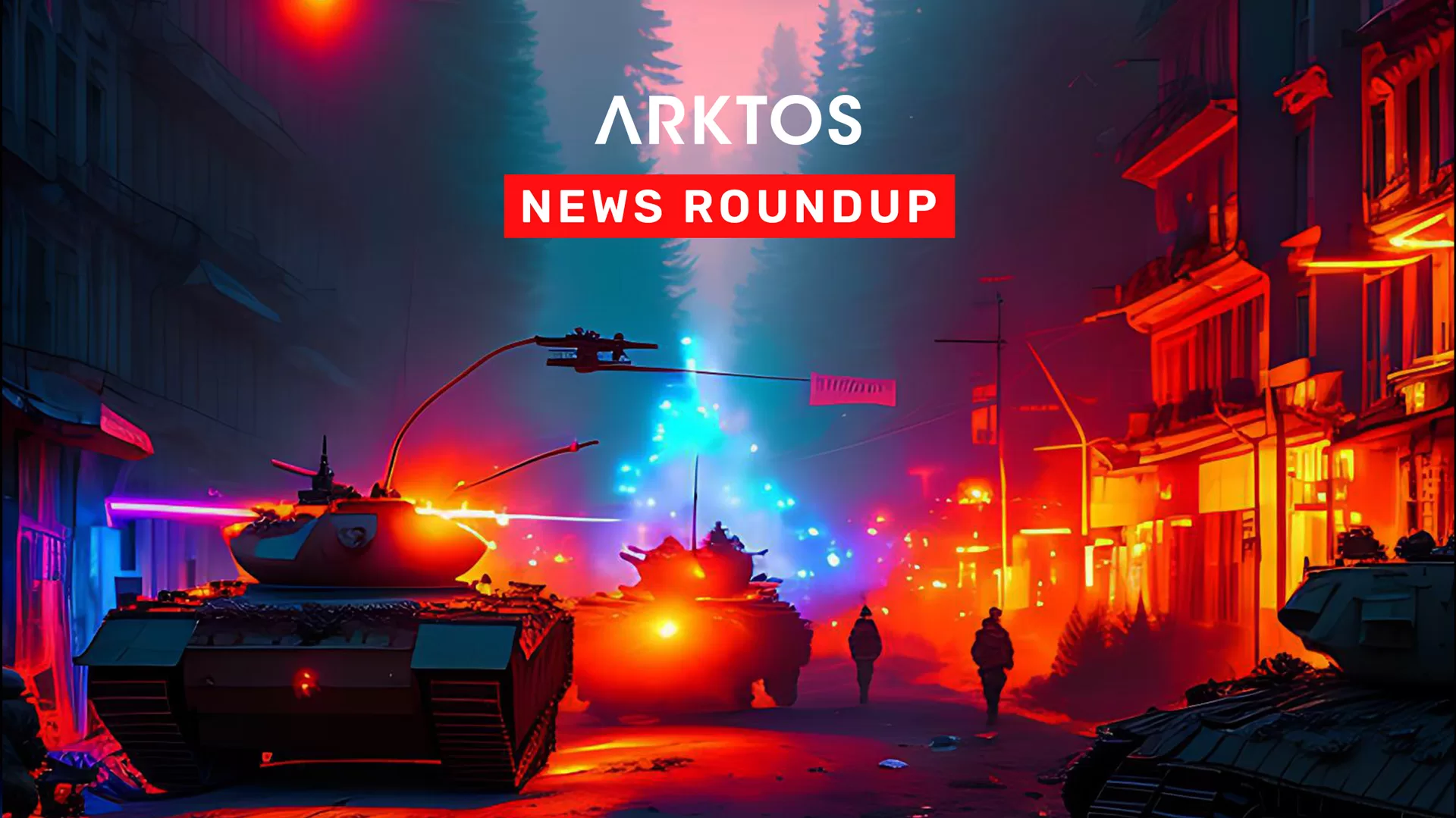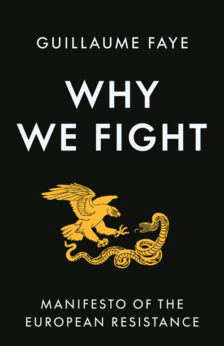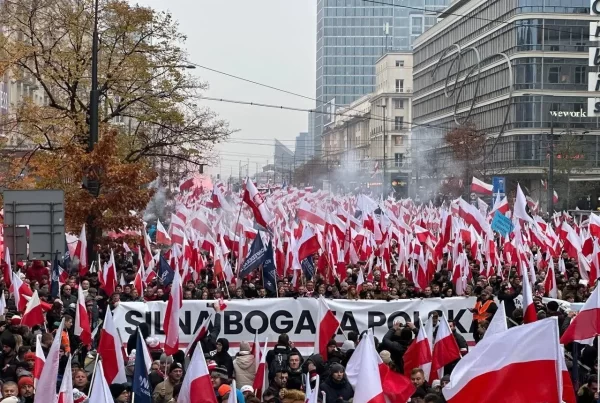Disclaimer: News on the Russo-Ukrainian War develops rapidly. The information in this news piece may or may not have changed by the time of its publication.
As this news piece is being written, the US government has just announced that it outright opposes the peace plan put forward by China regarding the idea of a ceasefire between Ukraine and Russia. In short, the Chinese peace plan – while still rather vague in its overall content – is in favour of getting the governments of Kiev and Moscow to sit down at the negotiating table in order to resolve the ongoing crisis through diplomacy, not further destruction and bloodshed. The fact that the United States fundamentally opposes China’s peace plan only indicates that the Biden administration has little to no interest in resolving the conflict through peaceful means, but rather through force. While everyday Americans languish over mass inflation, spiking energy prices and a general cost of living crisis, the White House instead seems to believe that American taxpayer money would be far better spent on funding the Ukrainian government – without any audits – and sending vast amounts of deadly weaponry to Kiev instead, thus putting thousands of more Ukrainian and Russian lives at risk every single day.
Meanwhile, the Bakhmut “meat grinder” continues to grind, as casualties mount heavily on both sides, but at greater cost to the Ukrainian forces. As of writing, there are reports emerging that the Russian Wagner PMC forces are beginning to close the encirclement around the city from the north and south, while further Wagner forces remain occupying the eastern half of the city, across the Bakhmutka River, further putting on the pressure against the defending Ukrainian forces on the western side of the city. Wagner forces have also quickly secured Bakhmut’s metalworks plant in the north of the city, avoiding an Azovstal scenario, which led to a prolonged siege last year of the now-infamous metalworks in the city of Mariupol.
Despite the ongoing carnage, Ukrainian President Volodymyr Zelensky continues to insist to his general staff that Bakhmut “must be defended”, despite the fall of the city to the Russians being effectively inevitable. As a result of Zelensky’s decisions, ever more Ukrainian troops and military equipment are being sent into the ravaged city. Every single day sees more body bags and trucks full of wounded leaving the city again.
Supporters of Ukraine have claimed that Bakhmut is of no strategic value to the Russians. In the event of the city’s fall, however, there are three main points that most forget:
- The Russian capture of Bakhmut would mean the securing of a good springboard for an offensive to the west and northwest, threatening strategic heights that would allow the Russians to establish effective artillery sites within range of the crucial cities of Kramatorsk and Slavyansk.
- While the Russians are indeed losing numerous men on their own side, they are primarily losing Wagner mercenaries – a number of which are former convicts and other societal misfits who have had only a few weeks of training from the moment of conscription. Meanwhile, the Ukrainians are losing an equally high number of men, but unlike Wagner, these Ukrainian men are members of the professional Armed Forces of Ukraine – men who are better trained and equipped than the Russian Wagner troops.
- Following on from the above factor, between the professional Armed Forces of Ukraine and the ragged mercenaries and convicts of the Wagner Group, the Ukrainians continue to be the ones losing the battles. This says a lot more about the operational effectiveness and capabilities of the Ukrainian forces than it does about the combat tactics of the Russian Wagner forces. If Ukraine is losing its best and most well-trained forces en masse to mercenaries and former convicts, are they really as prepared – as the West likes to believe – to be sent to fight against the professional armed forces of the Russian Federation itself?
According to The Washington Post, there is growing scepticism within the Ukrainian government surrounding the possibility of the proposed spring offensive against the Russian positions within all five of the annexed territories – Lugansk, Donetsk, Zaporozhye, Kherson and Crimea. This scepticism comes from the reality that the Ukrainian forces are running much lower on effective and trained manpower, equipment and ammunition. This is largely due to Zelensky’s indiscriminate and reckless pumping of manpower and resources into Bakhmut, defending in vain a city that will inevitably fall to the Russians and will ultimately lead to Ukraine simply not having enough men, equipment and ammunition to effectively defend future positions of contact, let alone launch any counter-offensives of their own against dug-in and established Russian forces in the annexed territories.
It is also worth noting that there have been numerous reports from Western sources that over 120,000 Ukrainian casualties have been sustained since 24 February 2022, and that most of these killed or wounded belonged to some of the best units of the Ukrainian Armed Forces. The bulk of the Ukrainian forces nowadays largely consists of fresh conscripts, with many of them having received only a few weeks – if even that – of basic training (mostly in the Kharkhiv region). Many viral videos have also surfaced over the past several months of Ukrainian enlistment officers handing out summons papers to random male civilians on the streets, with many of them having been outright kidnapped and bundled into unmarked vans if they resisted. A lack of will to fight and poor morale will not produce a good soldier in either the short- or the long-term, and randomly throwing fresh conscripts with little training into some of the bloodiest battles seen in Europe since the Second World War will not contribute in any positive way to Ukraine’s war effort. Russia at least has had the advantage of announcing several months ago a far more organised partial mobilisation, allowing for the proper training and equipping of over 300,000 fresh troops, far more prepared to deal with the brutal battles that are still to come in Ukraine.
A similar situation to Bakhmut is currently being replicated around the small city of Avdeevka, also in the Donetsk region. The Battle of Avdeevka has been ongoing since even before the full-scale invasion of Ukraine by Russia. The battle began on 21 February 2022, three days before the beginning of the invasion itself. It is curious as to why the Russians had not assaulted and taken the city much earlier on in this conflict, considering that many of Ukraine’s artillery strikes on Donetsk City itself – which frequently result in civilian deaths – came from positions in and around Avdeevka. Recently, however, heavy fighting has resumed around the city, with Russian fighter planes even providing much-needed close air support for the Russian ground forces attempting to encircle the city in much the same fashion as Bakhmut. With Avdeevka, however, at the current rate of operations, it is looking as though this phase of the Battle of Avdeevka won’t be as attritional and prolonged as the Battle of Bakhmut. Operationally, the Russian seizure of Avdeevka would mean that there would very likely be less Ukrainian artillery strikes on Donetsk City, as well as allowing the Russians yet another springboard from which to launch further offensives west into the Donetsk region.
As of the writing of this week’s brief summary of the Russo-Ukrainian War, at the current rate of operations, it is indeed looking as if Russia currently has the upper hand in the conflict, especially in the Donbass region. Whether this Russian momentum continues or not will be analysed in next week’s summary of the war.








Trump wants peace negotiations, but as Natasha Owens sings in Trump Won, “the fake news will never show it, ’cause it’s true.” Weekly news would make a good podcast, too.